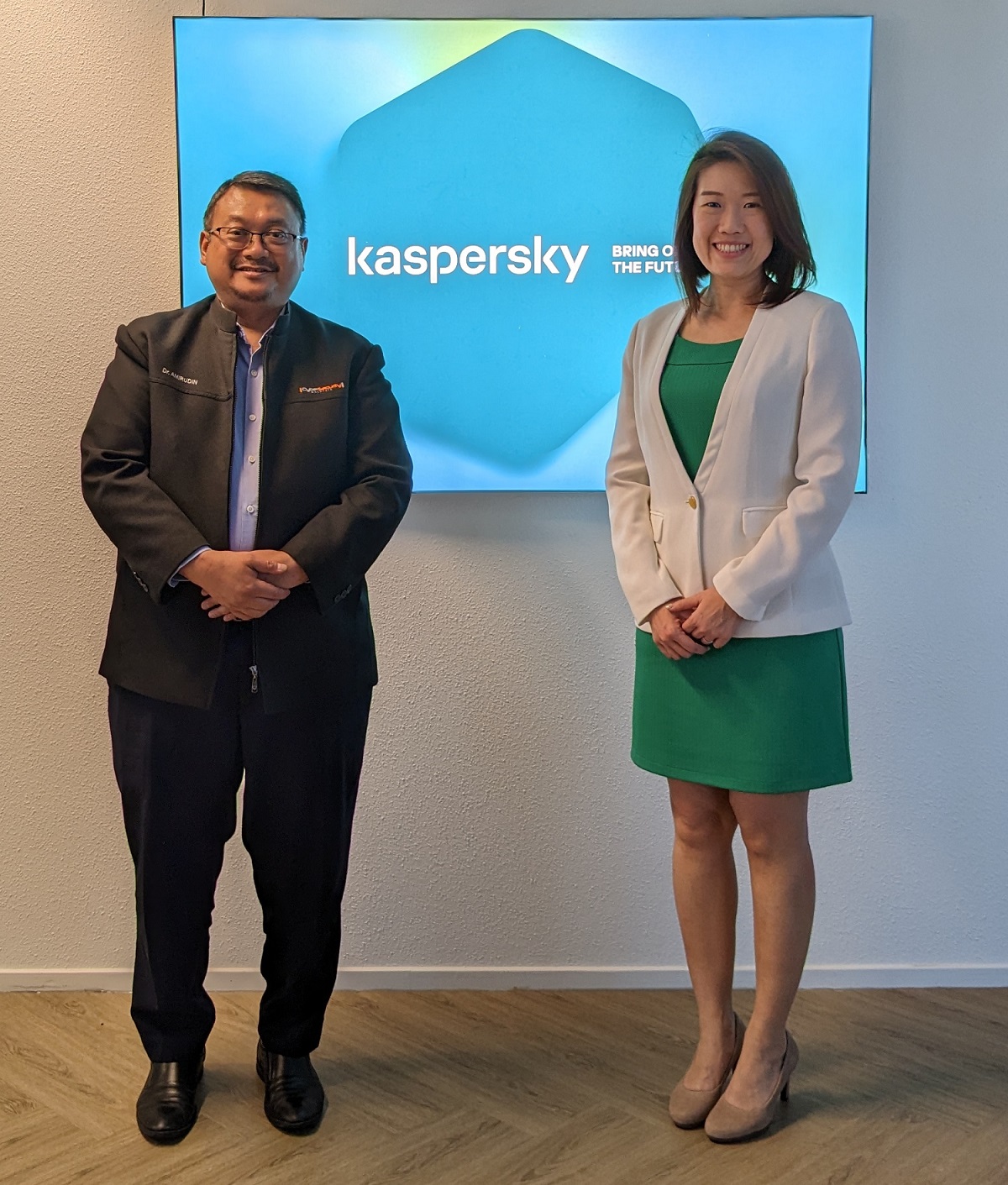
A delegation led by Dato’ Ts Dr Haji Amirudin Abdul Wahab, Chief Executive Officer of CyberSecurity Malaysia (CSM), Malaysia’s national cybersecurity specialist agency visited Kaspersky’s Transparency Center in Utrecht, the Netherlands.
During the visit, the delegation reviewed Kaspersky’s secure software development documentation, threat analysis capabilities, and data management practices.
Kaspersky’s Transparency Centers is a place where state agencies and regulators responsible for cybersecurity, enterprise and academic partners of Kaspersky can conduct a comprehensive review of the company’s source code, software updates, and threat detection rules. Transparency Centers are a key component of Kaspersky’s signature Global Transparency Initiative (GTI).
According to its latest report, CSM has detected 4,741 cases of cyber threats in Malaysia in 2022. However it didn’t disclose the number of cases that it resolved. On the other hand, Kaspersky recently disclosed that it blocked more than 61 million Internet-borne malware against Kaspersky users in Malaysia, during the same year.
The Ministry of Communications and Digital also disclosed a loss of RM600 million last year related to cybercrimes.
Kaspersky claims it is the first cybersecurity provider to offer governments and companies a rare insight into its cybersecurity practices and source codes of its flagship consumer and enterprise solutions.
Kaspersky’s Transparency Center in Utrecht is part of the company’s global network of nine such facilities. The other centers are located in Kuala Lumpur (Malaysia), Madrid (Spain), Rome (Italy), São Paulo (Brazil), Singapore, Tokyo (Japan), Woburn (the United States) and Zurich (Switzerland).
Since the opening of the first Transparency Center in Switzerland in 2018, there were more than 30 visits by the company’s stakeholders, including key regulators globally.
Kaspersky claims that none of its visitor has ever raised any red flag about Kaspersky’s source code, software updates, and threat detection rules since this program has started.
Visitors have paid most attention to Kaspersky’s data management practices. While many visitors are also keen to conduct source code reviews, these have happened only occasionally, as organizations would need to build up their cybersecurity capacity before they could properly product security evaluations. To help organizations achieve such technical competencies, Kaspersky started a Cyber Capacity Building Program (CCBP), which government agencies have already participated in. Among these government agencies include regulators and cybersecurity authorities from the Asia-Pacific region. However, it didn’t say if Malaysia was part of this program.
At the time of writing, Cybersecurity Malaysia has not disclosed any information regarding its visit to the Kaspersky Transparency Center.
